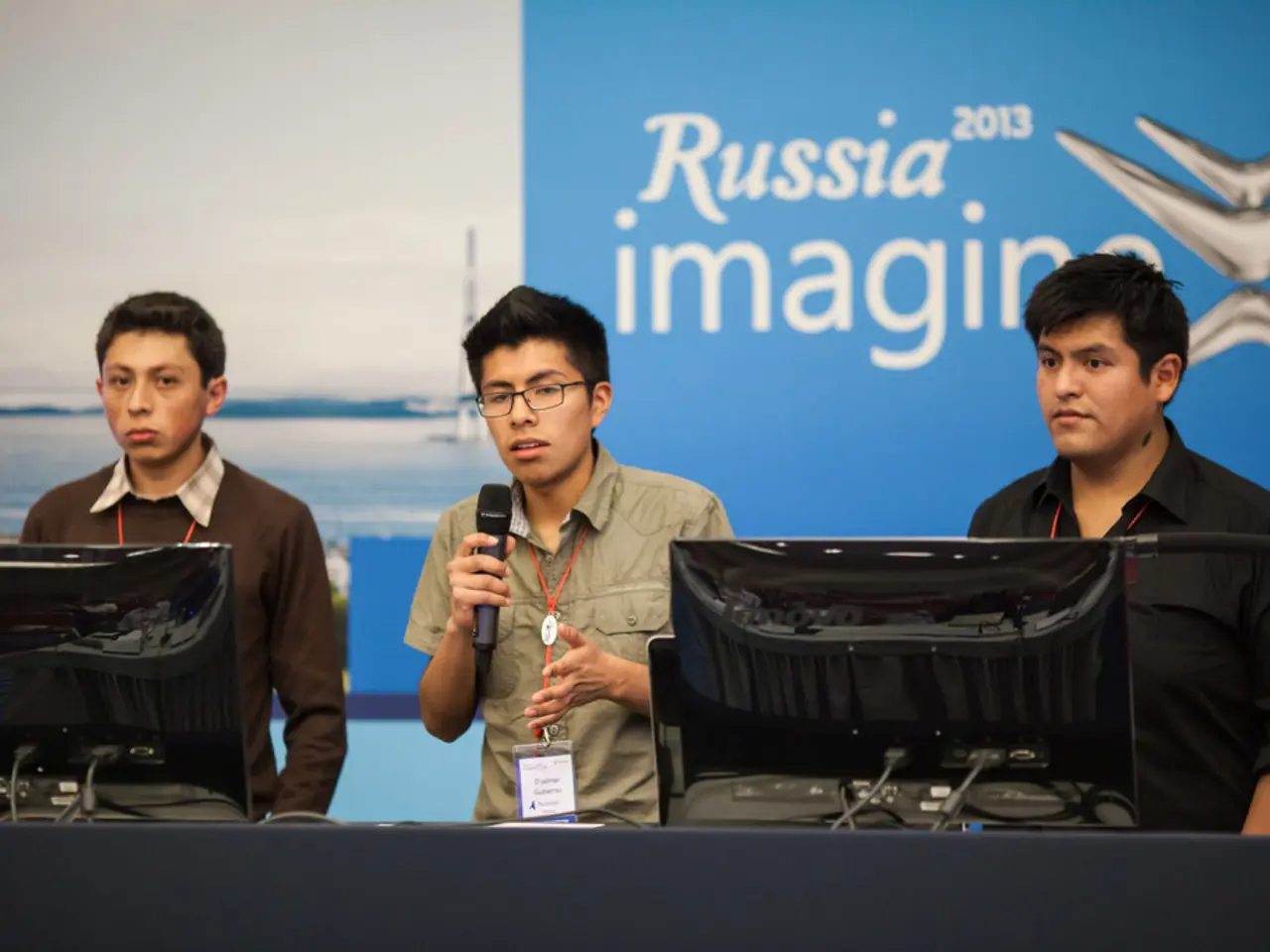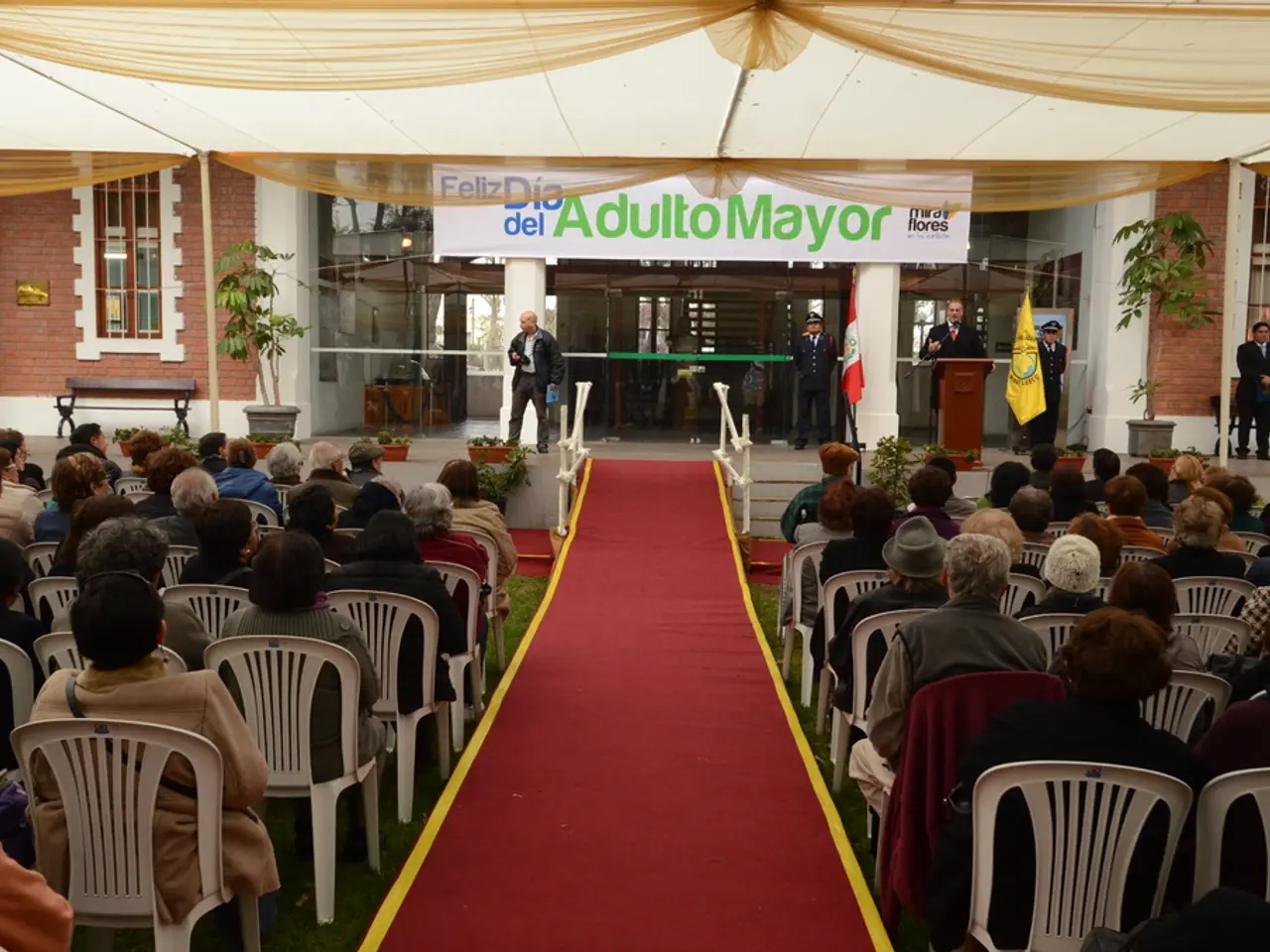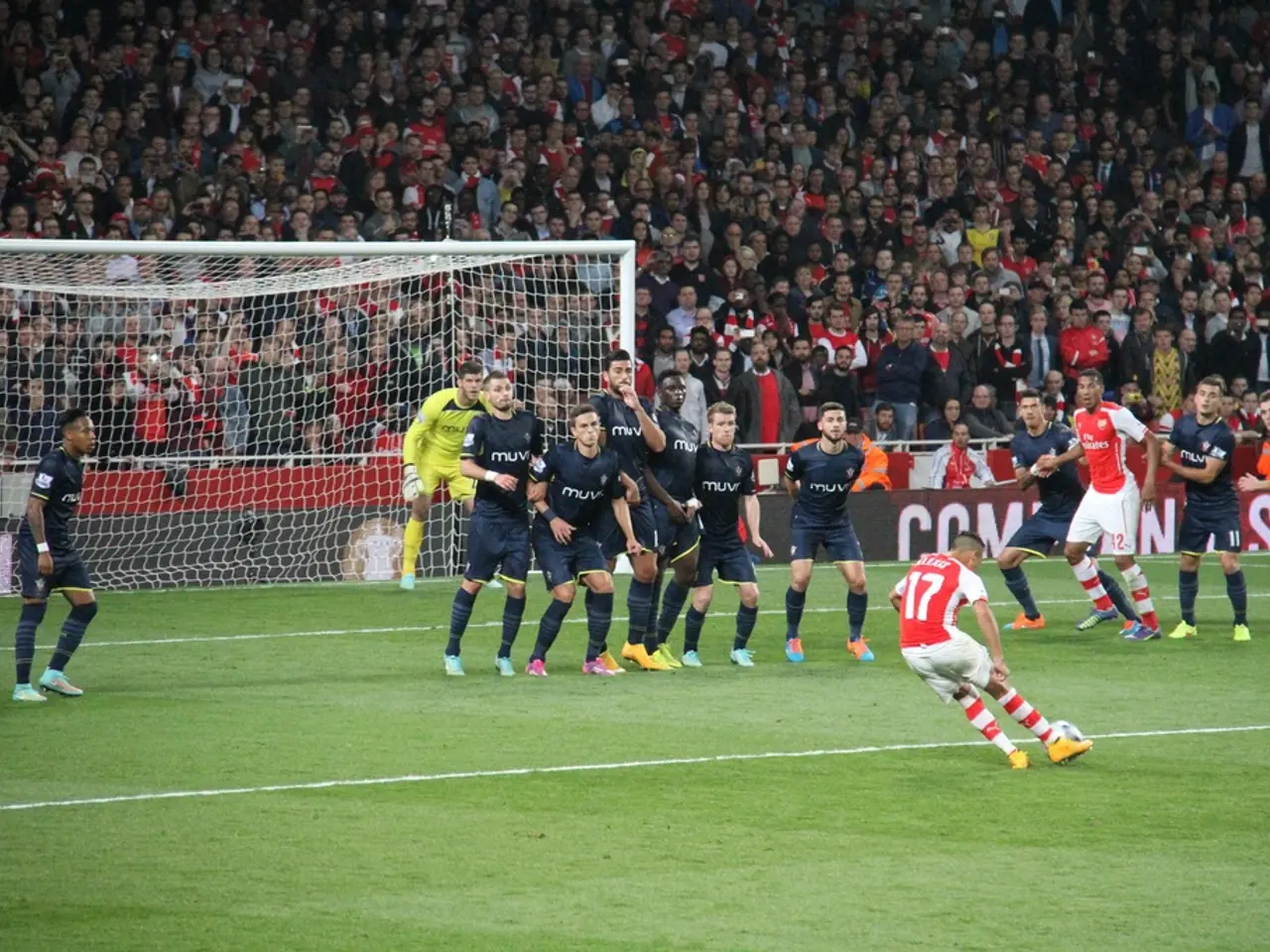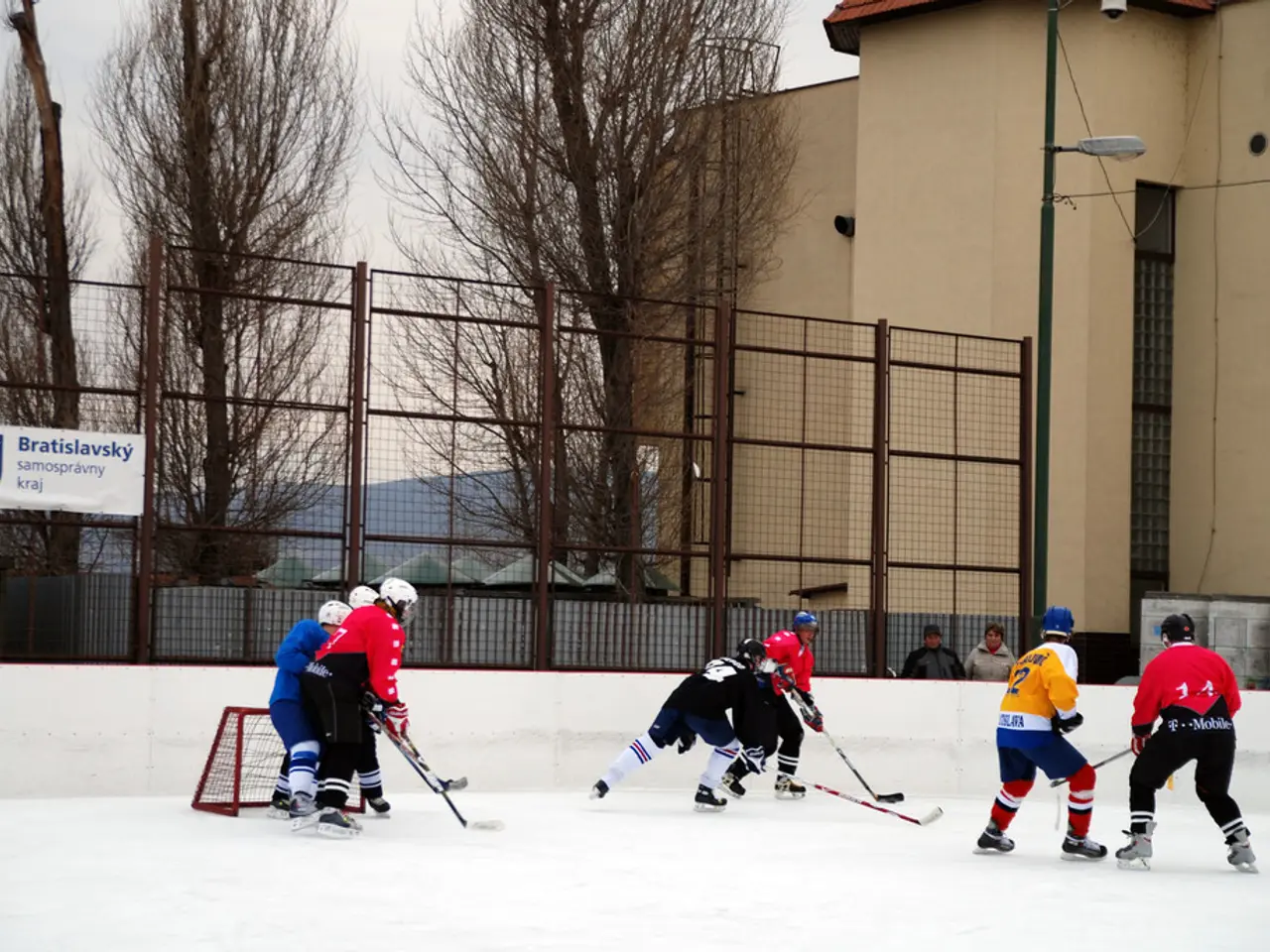EU Expels More Russian Diplomats due to the Ongoing Ukraine Conflict
In a show of solidarity with Ukraine and a clear condemnation of Russia's aggression, several European countries have expelled Russian diplomats from their borders. The coordinated diplomatic responses, which took place in March 2022, involved the expulsion of Russian intelligence agents from Belgium, the Netherlands, Ireland, and the Czech Republic.
The US State Department spokesman, Ned Price, applauded these moves, praising the European nations for their efforts to remove Russian intelligence agents from within their borders. The expulsions were part of a broader, coordinated Western diplomatic retaliation against Russia following its invasion of Ukraine in early 2022.
The expelled diplomats were accused of activities that contravene their diplomatic status and pose threats to national security. In the Czech Republic, a single diplomat was given 72 hours to leave the country after being declared persona non grata. Ireland expelled four Russian diplomats, with Foreign Affairs Minister Simon Coveney accusing the diplomats of conducting activities not in accordance with diplomats.
Belgium expelled 21 Russian diplomats from their embassy in the capital and consulate in Antwerp. The Netherlands expelled 17 Russian diplomats, while Bulgaria expelled several diplomats, accusing them of spying for Russia. North Macedonia declared five Russians as persona non grata, and Slovakia ordered three to leave the country.
The actions by these European countries are aimed at reducing the Russian intelligence presence in the European Union. Wopke Hoekstra, The Hague's minister of foreign affairs, accused the expelled Russian diplomats of working as intelligence officers under a diplomatic cover. Poland, the United States, and several other countries had already issued similar decisions.
Sophie Wilmes, Belgian deputy prime minister, stated that the expelled Russians were identified for involvement in espionage and influence operations threatening national security. The Russian embassy in the Czech Republic rejected the expulsion of a Russian diplomat as an "arbitrary, groundless decision."
The expulsion of Russian diplomats from various European countries is a response to the Russian Federation's activities that are in contravention of their diplomatic status. This move aligns with coordinated Western efforts to isolate Russia diplomatically, as many European countries, including Belgium, the Netherlands, Ireland, and the Czech Republic, initiated related legal and diplomatic measures against Russia around this time.
These actions also include legal proceedings initiated by Australia and the Netherlands, and humanitarian responses to the resulting refugee crisis caused by the invasion. The Czech Republic also extended temporary protection measures to Ukrainian refugees in response to the conflict. The European nations stand unified with the United States in protecting their national security from the Russian Federation's intelligence threats and against threats to democracy.
- The coordinated expulsion of Russian diplomats from European countries, such as the Czech Republic and Belgium, was a direct response to Russian aggression against Ukraine and contravention of their diplomatic status.
- The expulsion of Russian diplomats was part of a larger, Western diplomatic retaliation against Russia, which also included legal proceedings initiated by countries like Australia and the Netherlands, and humanitarian responses to the resulting refugee crisis.
- The expulsion of Russian diplomats from various European countries aligns with coordinated Western efforts to isolate Russia diplomatically, as many countries, including the US, have taken similar steps to protect their national security from Russian intelligence threats and threats to democracy.






